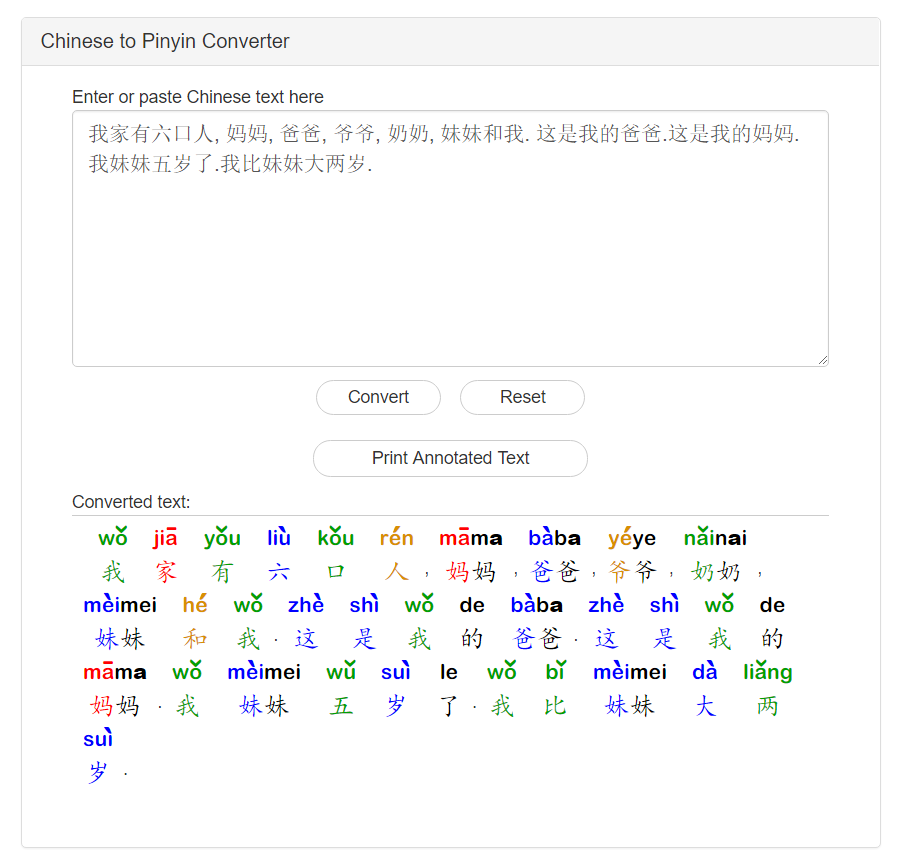
My own association with this Department began in 1960 when I was a freshman. We have been the Department of Asian Languages and Literature for forty-five years. In 1969, the department severed its association with Slavic, and that is when we acquired our present name, Asian Languages and Literature. This honor is testimony not only to Rich Salomon’s scholarly attainments, but to the eminence of our program in South Asian languages and literature. The senior professor of Sanskrit, Richard Salomon, has recently been awarded the first William and Ruth Gerberding Professorship in the humanities. Our program in Sanskrit is generally regarded as the best in North America. In the late 1960s the Department began to offer instruction in modern South Asian languages in addition to Sanskrit. Mongolian during that period was taught by Nicholas Poppe (1897–1991), a Russian by birth, who is generally regarded as the foremost Mongolian scholar of his generation. Taylor was responsible for recruiting the distinguished group of scholars who joined the faculty in the late 1940s and early 1950s.ĭuring the 1950s and 1960s we also had a strong program in Mongolian. With the addition of Russian studies in 1949, these units were renamed Far Eastern and Russian Institute and Department of Far Eastern and Slavic Languages and Literature. Although this project was interrupted by World War II, after the war, in 1946, Taylor founded two new academic units devoted to the study of Asia: the Far Eastern Institute and the Department of Far Eastern Languages. Taylor decided to call on President Sieg, who was so impressed with Taylor, he offered him a position with the promise to commit university resources to create new faculty lines in Asian studies. Professor Taylor once told me that he had already been hired to teach at Columbia University when he came to Seattle for a visit. Taylor (1905–2000), an Englishman who had studied Chinese history at Johns Hopkins and Harvard, and who had lived in China during the early 1930s. The serious scholarly study of Asia at the University of Washington began in 1939 with the arrival of George E. This makes us one of the oldest departments of Asian languages and literature in North America. The study of Asian languages and literature at this university goes back to 1909 to the Department of Oriental History, Literature, and Institutions.

I would like to reflect for a few moments on that history and what it tells us about the field of study pursued by those whom we are honoring here today. The Department of Asian Languages and Literature at the University of Washington has a long history. I actually had to go to the American Heritage Dictionary to get a definition of convocation that applies to our gathering: “A group of people convoked, especially the members of a college or university community who are assembled for a ceremony.” I imagine few of you knew that you had been convoked here, but I hope the experience will not be all that unpleasant. I have not seen many eagles flying across our campus recently, but perhaps one or two of them are nesting on the roof of Kane Hall as I speak. I also discovered that convocation is the collective noun for eagles.

I suspect that is not why we are here today. It is charged with electing the Chancellor of the University and the Professor of Poetry. At the University of Oxford the Convocation is a formal body that comprises all graduates of the university. In the British University system, the convocation has a rather specific function.

The OED continues to give other definitions of the word convocation, which it seems was primarily a religious assembly, especially in England. I knew for example that “convocation” is derived from the Latin convocare which means “to call or come together.” Indeed, that is the first definition of the word given in the Oxford English Dictionary: “The action of calling together or assembling by summons.” I imagine none of you was exactly summoned here, but perhaps the invitation you received from the Department is the equivalent of a summons. I am delighted to say a few words on this occasion held to honor the recipients of bachelor of arts, master of arts, and doctor of philosophy degrees as well as students who are receiving awards for their achievements in the Department of Asian Languages and Literature. Graduating students, parents, friends, staff, and colleagues. Washin Kai - Friends of Classical Japanese.


 0 kommentar(er)
0 kommentar(er)
